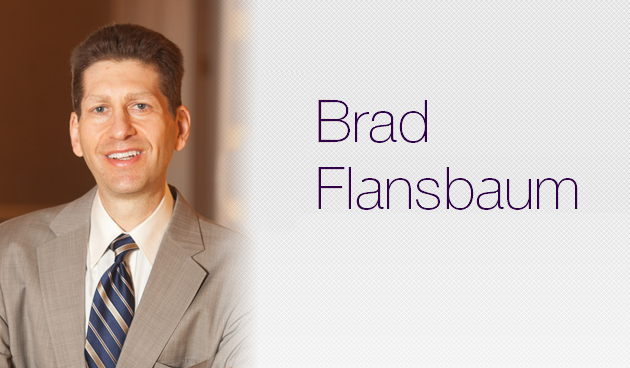Recertification fast approaches–and the mind wanders when you burn out from studying. Burke and I are in the thick of it, and blogging has been light. But here are some singular observations to chew on to keep you in the game:
1. As I have matured in my practicing ways, I have come to appreciate journals and perspectives from overseas. In particular, among many, from the BMJ. They are first in advocating for data and study integrity, offer a unique, non-U.S.view of health care, and unlike us Yanks, commit to global health and the study of international health systems. They also publish a good number of American papers. It’s amazing how narrow our worldview can sometimes be. And of course, they have His Highness Richard Lehman (if you don’t read him every Monday, you are practicing medicine all wrong. Imagine Osler crossed with Monty Python).
2. Like chocolate versus vanilla or cat versus dog people, I think you can identify yourself by the first journal you reach for every week. Me? I am a JAMA guy.
3. Is it me, or are you noticing factoid references to citations within studies (that make you say, really, where have I been?) that stem from bull$hit papers or flimsy non-peer reviewed articles? I have. And then I say, “Oh, now I know where I have been.” This nonsense has to stop.
4. Consultants, for the most part, recognize patient-centered care. They endorse and sing it from the rooftops, but then when they settle back down to their organ, system, or disease, promptly forget and think patient centeredness belongs to the other guy. Because, you know, livers or hearts don’t do transitions of care. “That’s not my duty,” or so they believe.
5. There is a movement to publish more negative trials. But let me give you a downside. When I recollect reading a study (because they are all positive nowadays), I associate treatment “x” with disease “y” and use it as a memory tool. If it’s in NEJM, I can make a mental note that some intervention might make a difference. If I start seeing reams of negative trials along with positive ones, my mental file cabinet might snap. Bad.
6. First, in the world of infectious disease, can someone please tell me how and when to de-escalate antibiotics? I have been waiting for ten years. Second, in the world of hematology, do not go to a lecture on how to manage acute sickle crisis and ask, “how can I tell if a patient is drug seeking?” You can’t, so there. And third, in the world of substance abuse, please do not try and understand how to taper benzo’s in acute alcohol withdrawal syndrome. No, we will not see the definitive trial performed, and yes, everyone does it different.
7. I have lost interest in conferences. I get more out of my time by self-learning and reading on my own. No kidding. But if you do go to a meeting, have you noticed the end of presentation Q&A rarely entertains live questions at the microphone anymore. Participants only have the opportunity for notecard submissions. I miss the wingnuts. Bring back the loudspeakers.
8. Virtual friendships are different but authentic (professional ones). I have learned and shared a great deal with people who I have never met–to mutual advantage.
9. Behavioral economics and its tenets have altered my clinical practice. In applying many of its lessons (heuristics, biases, easy choice), I have changed the way I view patient adherence and discharge plans. I have grown. A majority of times early career, I did not grasp “non-compliance” had nothing to do with “non-compliance.” Similarly, in utilizing its teachings, I have also become a more disciplined meta-thinker.
10. The greatest and most positive change I have seen over the last decade in the hospital is the availability of palliative care (not EMRs or technology). Amazing. Where have I seen no change? Mental health services. Nothing since the day I finished residency. Grim, and I see no light at the end of the tunnel.
BONUS: Healthcare is not an ordinary market. Let me say it again. Healthcare is not an ordinary market. If you believe it is, you need to get out from underneath your textbooks and spend a few months or years with sick people (or become ill yourself). You can do a lot of neat things in the marketplace, but do not think of individuals as widgets. You will not convince me otherwise. I also would add since I am talking about markets, any change in the system predicated on providers delivering patients the news of what tests they can and cannot have (read: dollars) will invariably come to naught. You can dream, but the physician role does not have the resiliency to wear the hat of both patient guardian, and allocator-in-chief. You will not convince me otherwise.



Leave A Comment